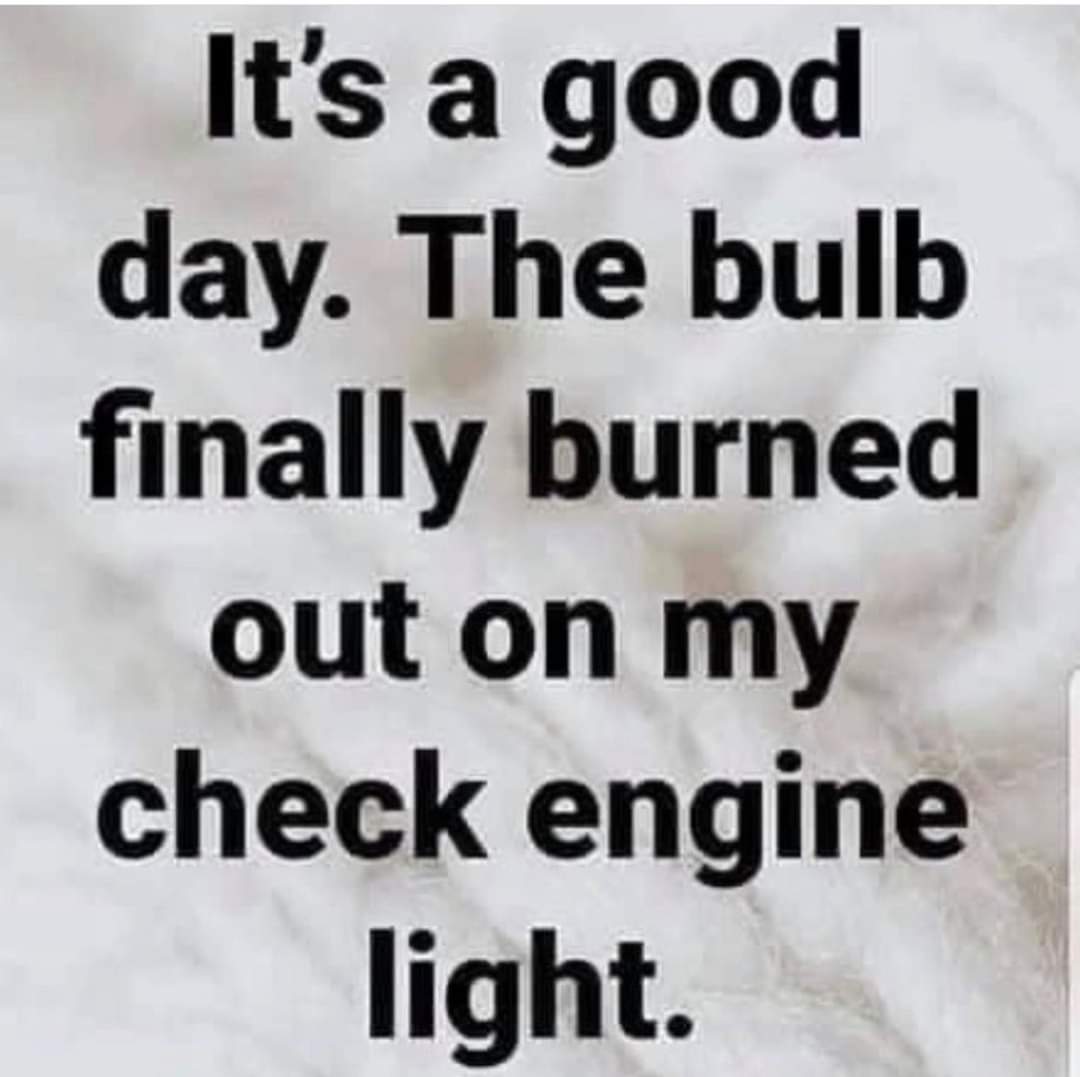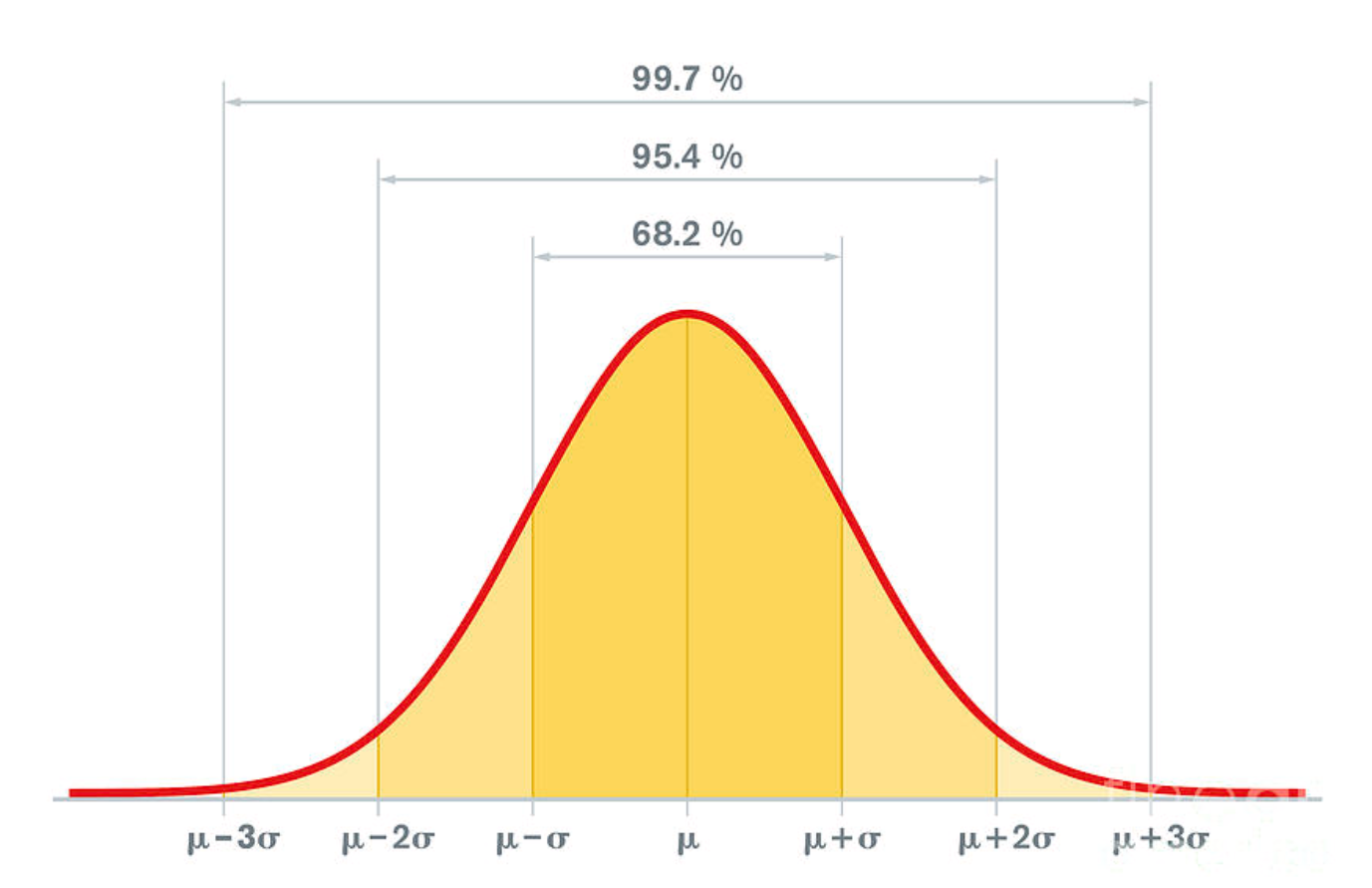Perhaps your car reminds you when you should change the oil. This is certainly a helpful reminder. But, since it is a warning, most of us wait for a convenient time to do it. Oil cleanliness is of course not a time-sensitive measure … you could wait quite a time … or even ignore the warning and extend the intervals between oil changes. We all know that.

However, there is another way to think of warning lights like this. The one that I remember best was a sign on my dentist’s spotlight light that read, “Only Floss the Teeth You Want to Keep!” Flossing teeth is not fun … unless you have been eating something like corn on the cob that gets stuck in your teeth.
As a lover of the sea and a part-time captain of a large vessel, I love this story: It is reportedly the transcript of a radio conversation of a US naval ship with Canadian authorities off the coast of Newfoundland in October of 1995. This radio conversation transcript was released by the Chief of Naval Operations 10-10-95.
Americans: Please divert your course 15 degrees to the North to avoid a Collision.
Canadians: Recommend you divert YOUR course 15 degrees to the South to avoid a collision.
Americans: This is the Captain of a US Navy ship. I say again, divert YOUR course.
Canadians: No. I say again, you divert YOUR course.
Americans: This is the aircraft carrier USS Lincoln, the second largest ship in the United States’ Atlantic fleet. We are accompanied by three destroyers, three cruisers and numerous support vessels. I demand that YOU change your course 15 degrees north, that’s one, five, degrees north, or countermeasures will be undertaken to ensure the safety of this ship.
Canadians: This is a lighthouse. Your call.
Deference and humility were clearly missing in this story and perhaps the lack of these is required to heed warnings.
So, let’s ask ourselves how many warning lights we have in our lives that need our attention.
Hopefully, we will not be like one of my daughters. I was riding with her and noticed the Change Oil light was flashing red on the dash. I asked her how long that had been on, and she said as if noticing it for the first time, “Oh no! Thanks for pointing that out. These pesky lights keep coming on. I have been meaning to put tape over that one for years!”





